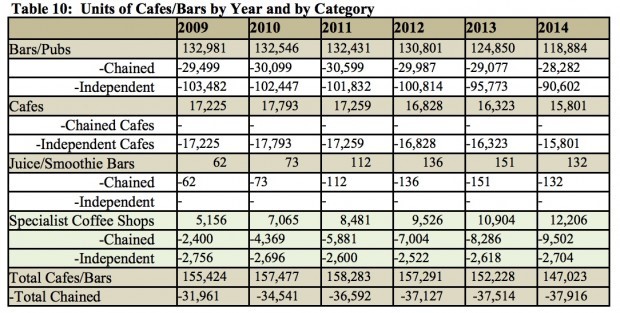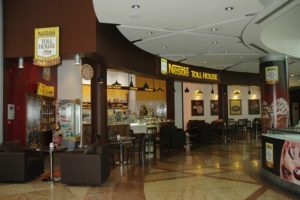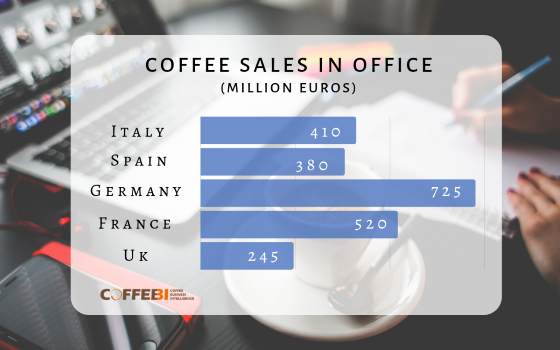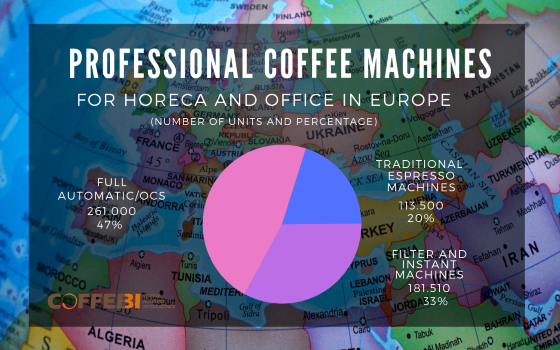Specialty Coffee in South Korea
More and more Koreans love having their cup of coffee in the late hours in a café. Coffee shops do not close before 10 pm and start their business the next day in the noon, and in the morning the cup of coffee is mostly purchased while in the afternoon instant coffee is preferred. At the end of day, cafes are the hang-outs that are seen populated after dinner.
Over the past ten years Koreans have been loving cafés more and more, with boulevards crowded of well-known brands, little coffee shops, and independent local brands have opened.
Despite what the USDA (US Department of Agriculture) report suggests, a careful reading from a different angle, of Korean café culture might reveal rather impressive facts that specialty coffee holds a special potential in Korea.
According to the USDA report, the specialty coffee big chains markedly increased their growth as compared to the independent shops offering specialty coffee. In a comparison between the number of independent specialty coffee shops and chains no more than 5% variation is observed since 2009 for independents, according to the USDA figures. As for the chains, the figures have rapidly increased, from 2,400 to 9,502 (from 2009-2014), with Starbucks leading the way. Caffe Bene is the second big name with 800 outlets according to the 2012 stats.
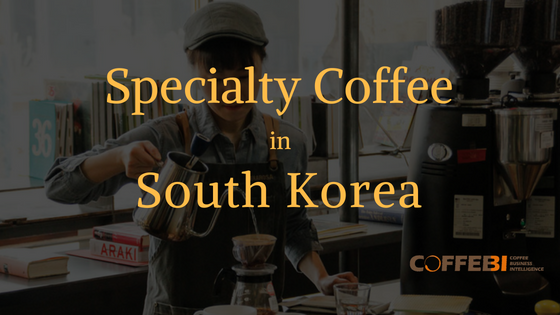 This rapid increase in the overall number of coffee shops and their booming sales (which increased up to 60% in 2011 according to a report by KB Finance), may suggest that coffee business is reaching a saturation point. But Dongsuh Food, a worth mentioning name in Korean coffee market, beg to differ. Their market research sheds light at the consumption of brewed coffee and espresso drinks, which made up only 7.8% of the total coffee consumption in 2011.
This rapid increase in the overall number of coffee shops and their booming sales (which increased up to 60% in 2011 according to a report by KB Finance), may suggest that coffee business is reaching a saturation point. But Dongsuh Food, a worth mentioning name in Korean coffee market, beg to differ. Their market research sheds light at the consumption of brewed coffee and espresso drinks, which made up only 7.8% of the total coffee consumption in 2011.
Here lies the special potential of independent coffeehouses, that’s individuality. The number of Q-graders in Korea has increased over the last few years, the number of certified Q-graders in Korea is over 600 – and the most in the world according to the Coffee Quality Institute, suggesting the people of Korea has developed taste preference.
The idea is further supported by the fact that not only the number of coffee shops has been on a sharp rise since 2006, but around 300 individual academies that offer coffee training are enrolled with the Korea Coffee Education Society (as of 2014). Korea even hosted the World Latte art and World Coffee in Good Spirits Championships in November 2014.

